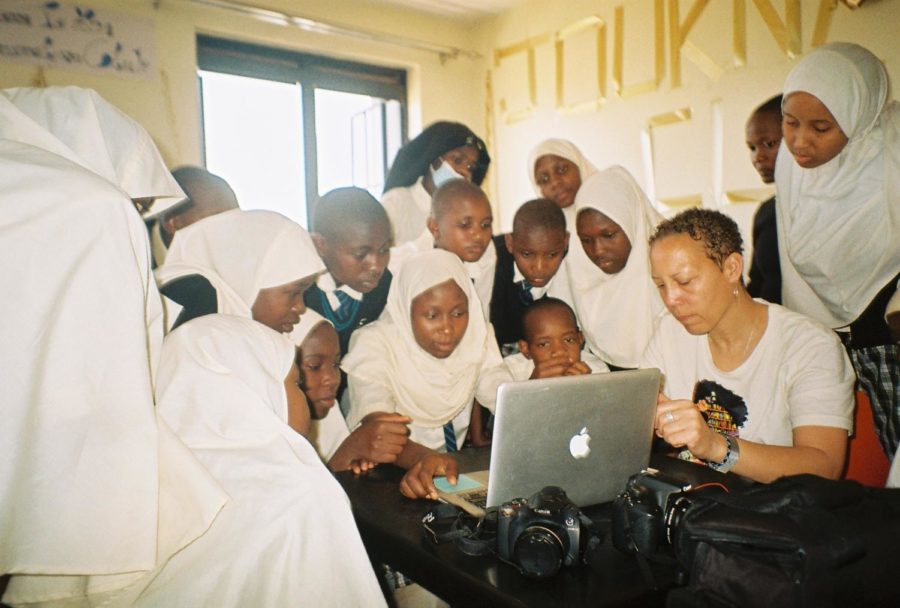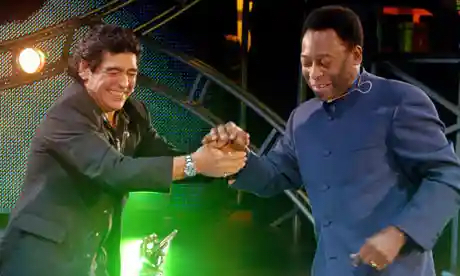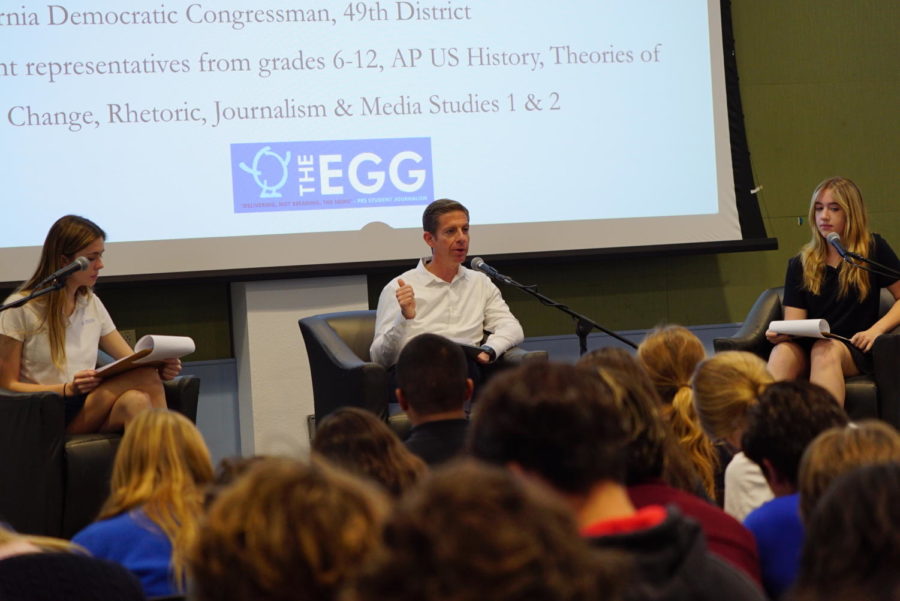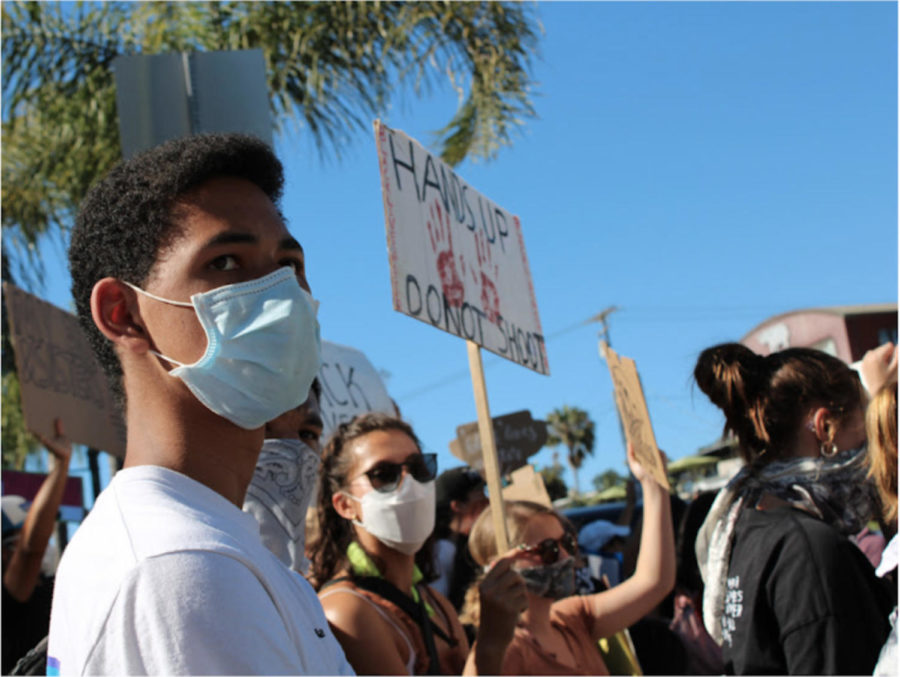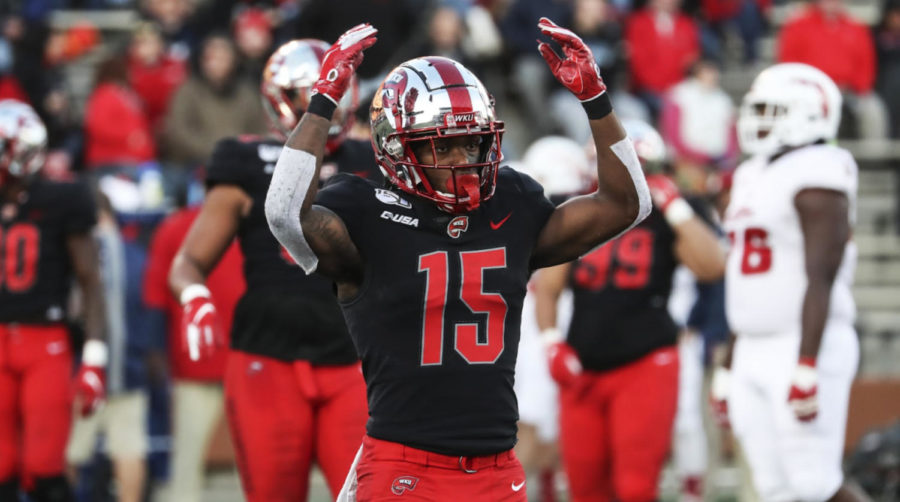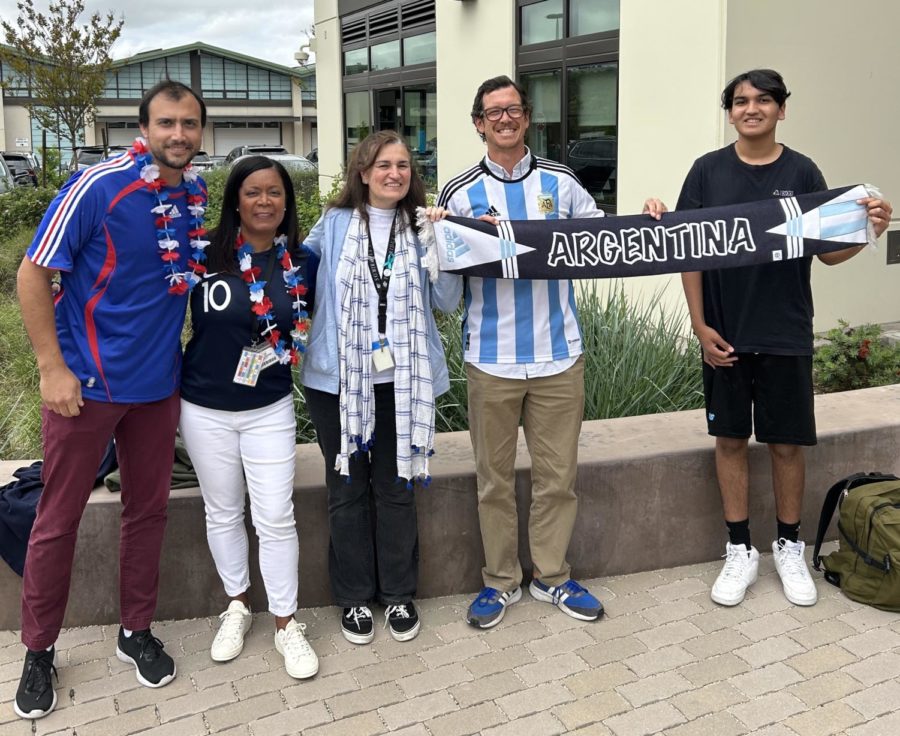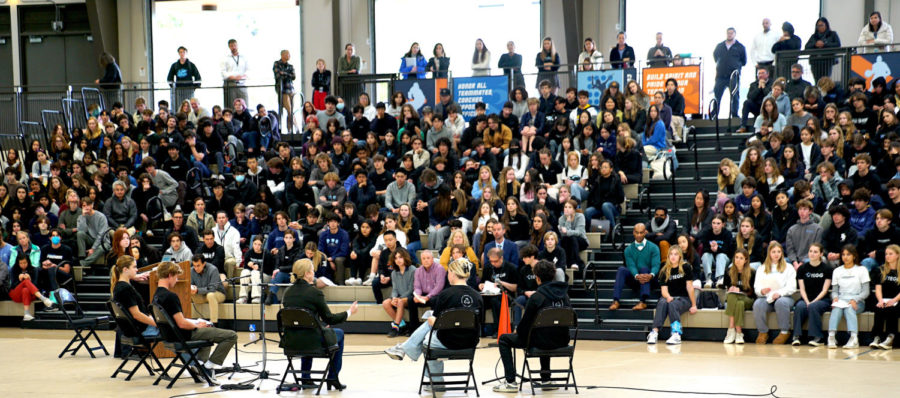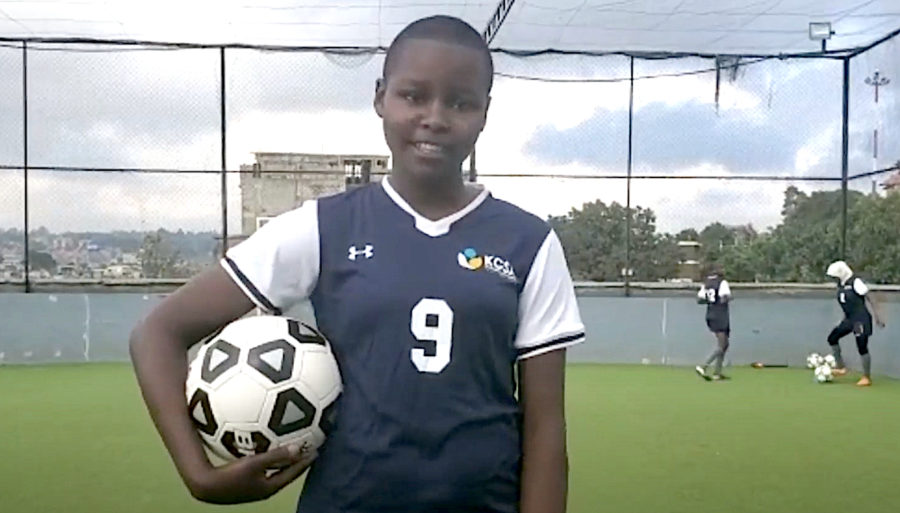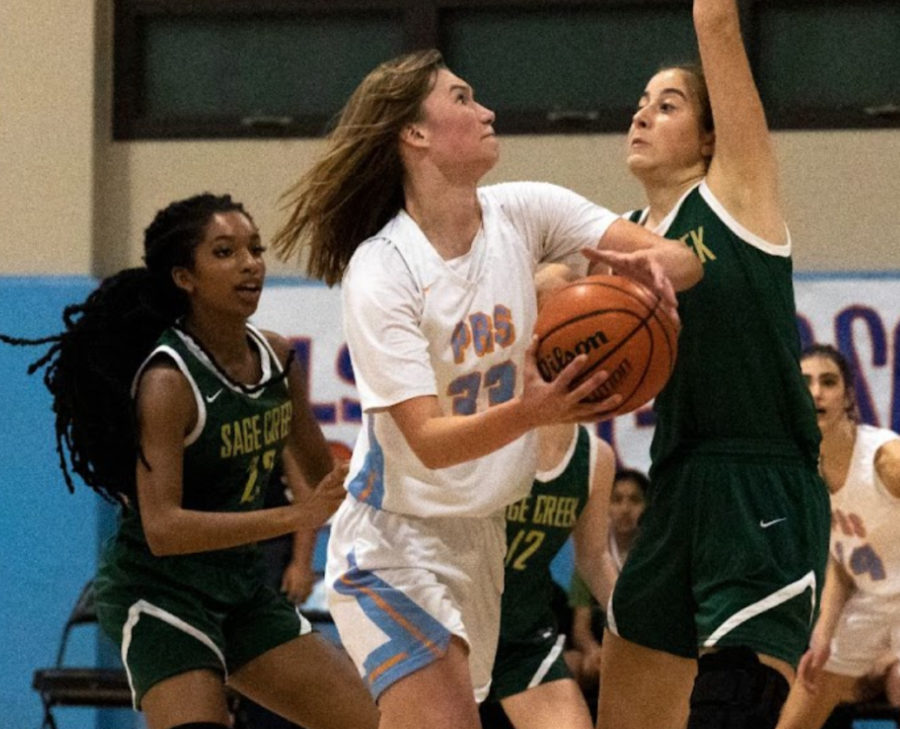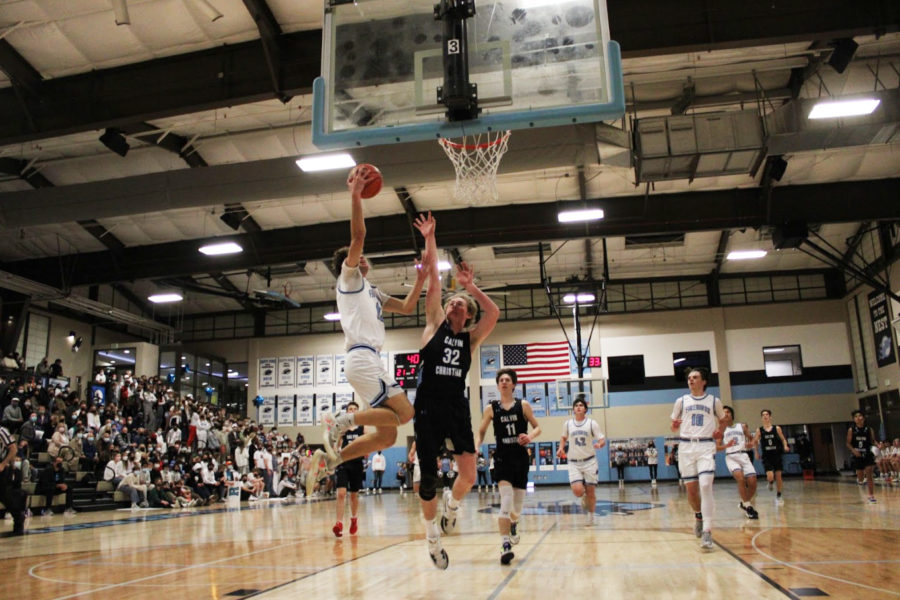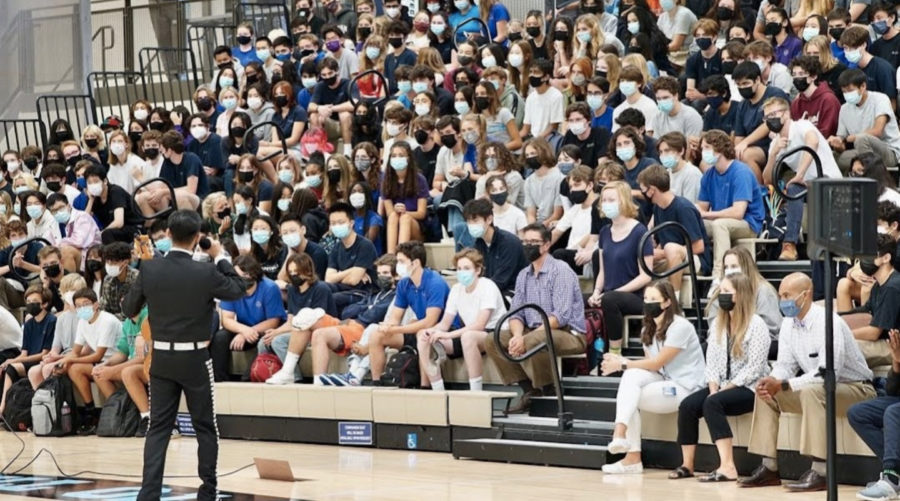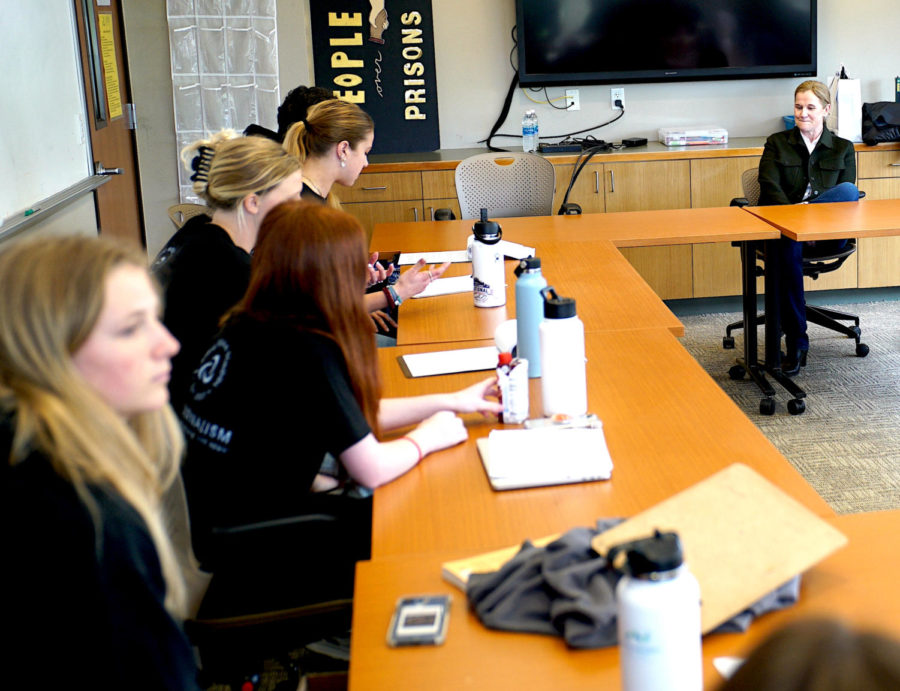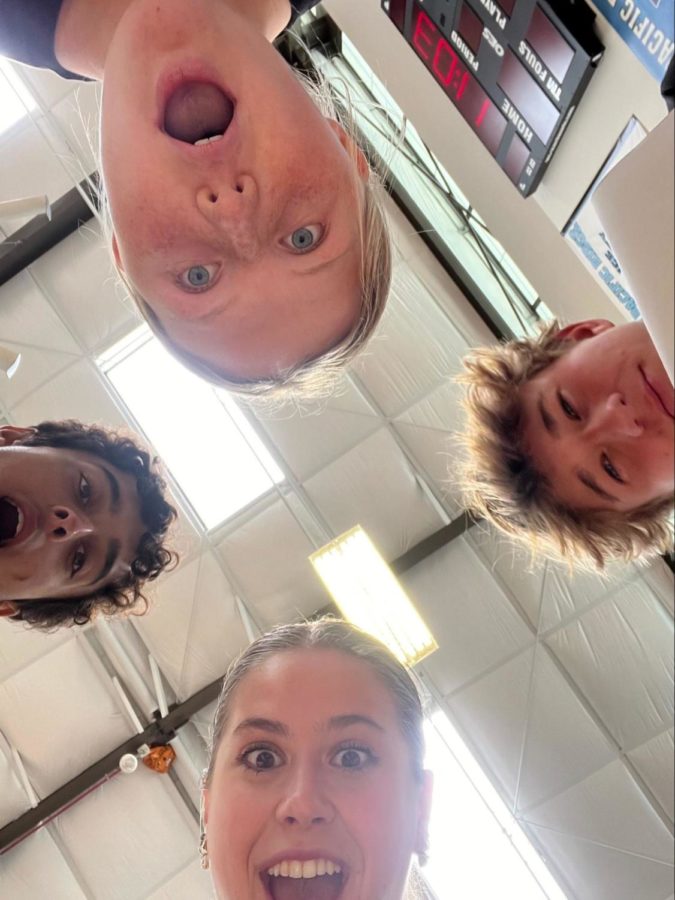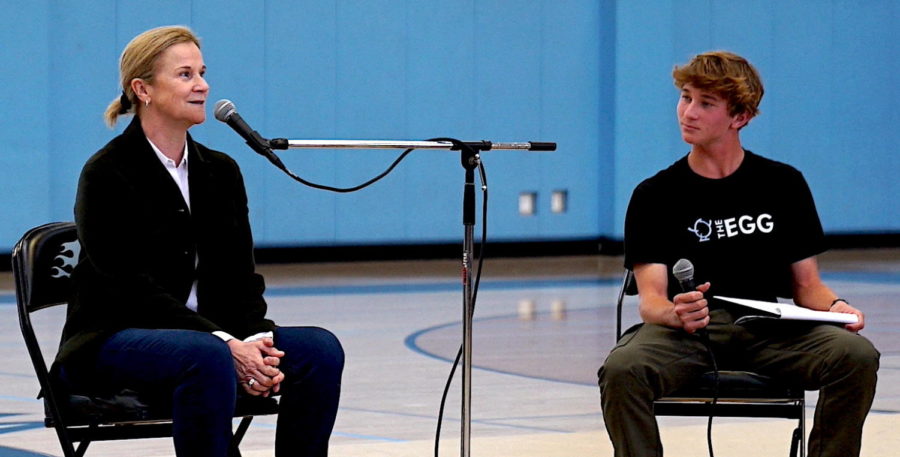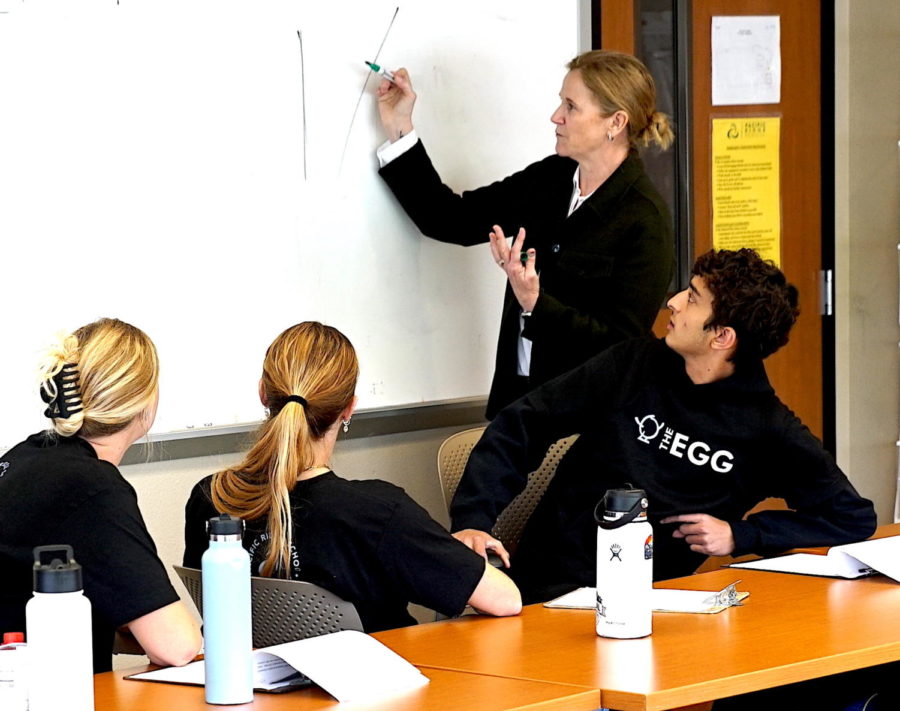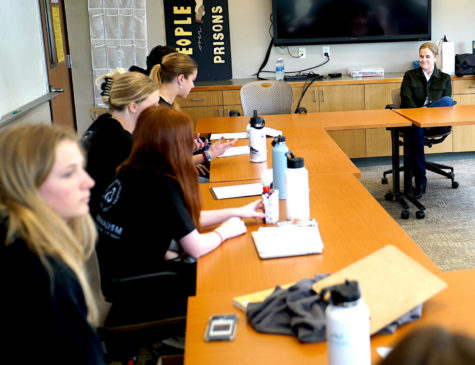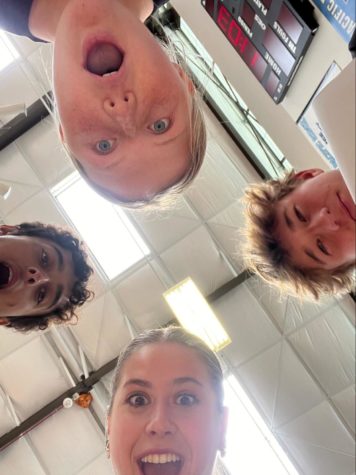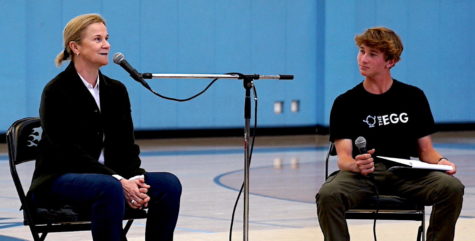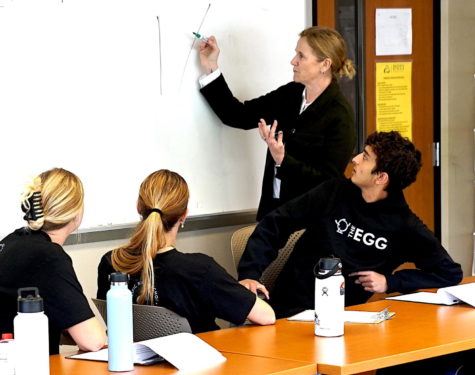Is Instagram Using You? (POV Monga)
In “The Story of My Story” series, PRS student journalists share the experiences they have, and the lessons they learn, while creating the stories they publish.
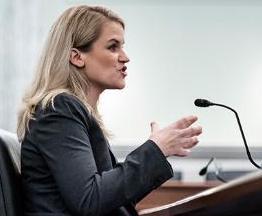
photo by Jabin Botsford-Pool/Getty Images
Frances Haugen testifies to US Senate committee hearing.
I was initially drawn to investigate the connection between social media and mental health when Frances Haugen, a former Facebook employee, was testifying in front of a US Senate committee about a series of research studies done by Instagram. Some of them showed that the company had found that their app can cause a decrease in mental health, especially in teen girls. I thought this was interesting considering the discussions we had been having in my Journalism and Media Studies class about the media’s impact.
I was inspired by Haugen and her decision to unveil this information. First, I decided to read through the transcripts of the studies to understand what their research meant. Next, I tried to find other sources that either supported or went against these findings so I could get a wider range of perspectives.
Since the main demographic of this research is in the age range of high schoolers, I wanted to see how people on the PRS campus felt about social media and its impact on their lives. To do this, I interviewed several students across all grades and asked them questions about their social media use. Many of them mentioned these platforms’ ability to connect them with friends, family and other people around the world. Other students brought up the toxicity that can appear on these apps.
Next I asked the PRS director of Student Support, Erika Pike, about social media’s connection to mental health and its presence on campus. She noted how kids can feel isolated or have an altered view of what defines realistic self-expectations due to apps like Instagram. However, she explained that these platforms can be healthy when used in moderation.
Finally, I decided to talk to high school vice principal and Computer Programming class teacher, Mr. Hobbs, because of his experience working for IT companies and his status as an administrator at our school. To counter my nervousness, I prepared for our conversation in depth. I did more research on algorithms and tech companies, crafted potential questions, and tried to fully understand whatever I could about this subject on my own. When I finally got to our interview, I barely even looked at the notes I had brought with me. We were able to discuss everything I had planned without me ever needing to redirect the conversation.
To read Natalie Monga’s original story about social media and teen mental health, click here.
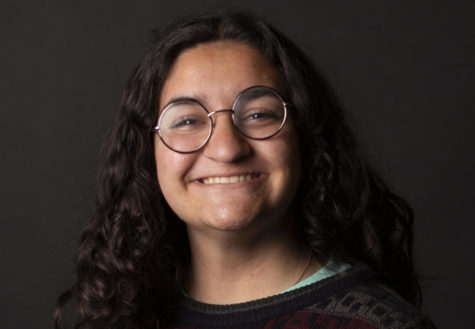
Natalie Monga is a senior at Pacific Ridge School and plans on majoring in journalism at American University, starting next year. She is passionate about...


